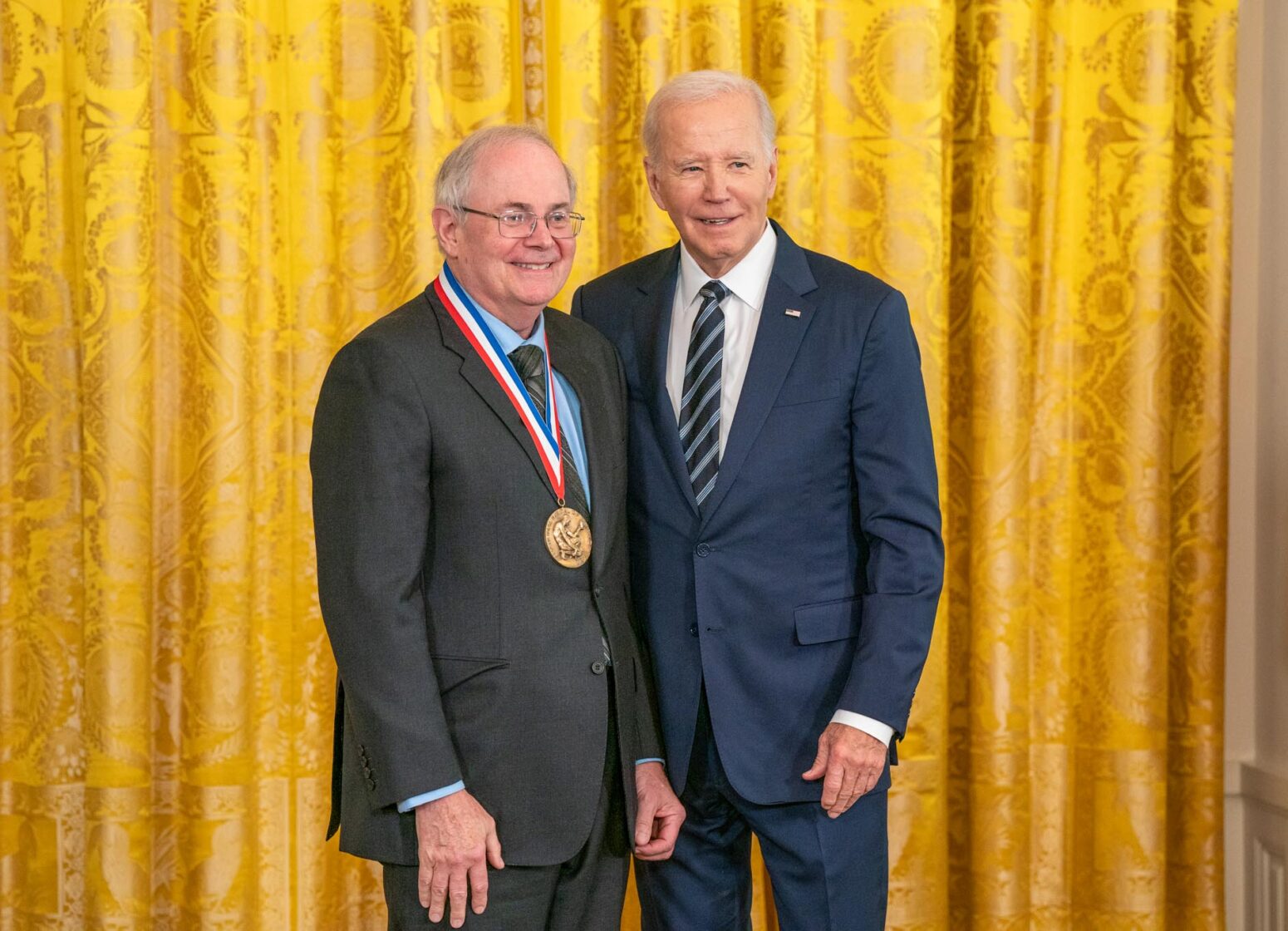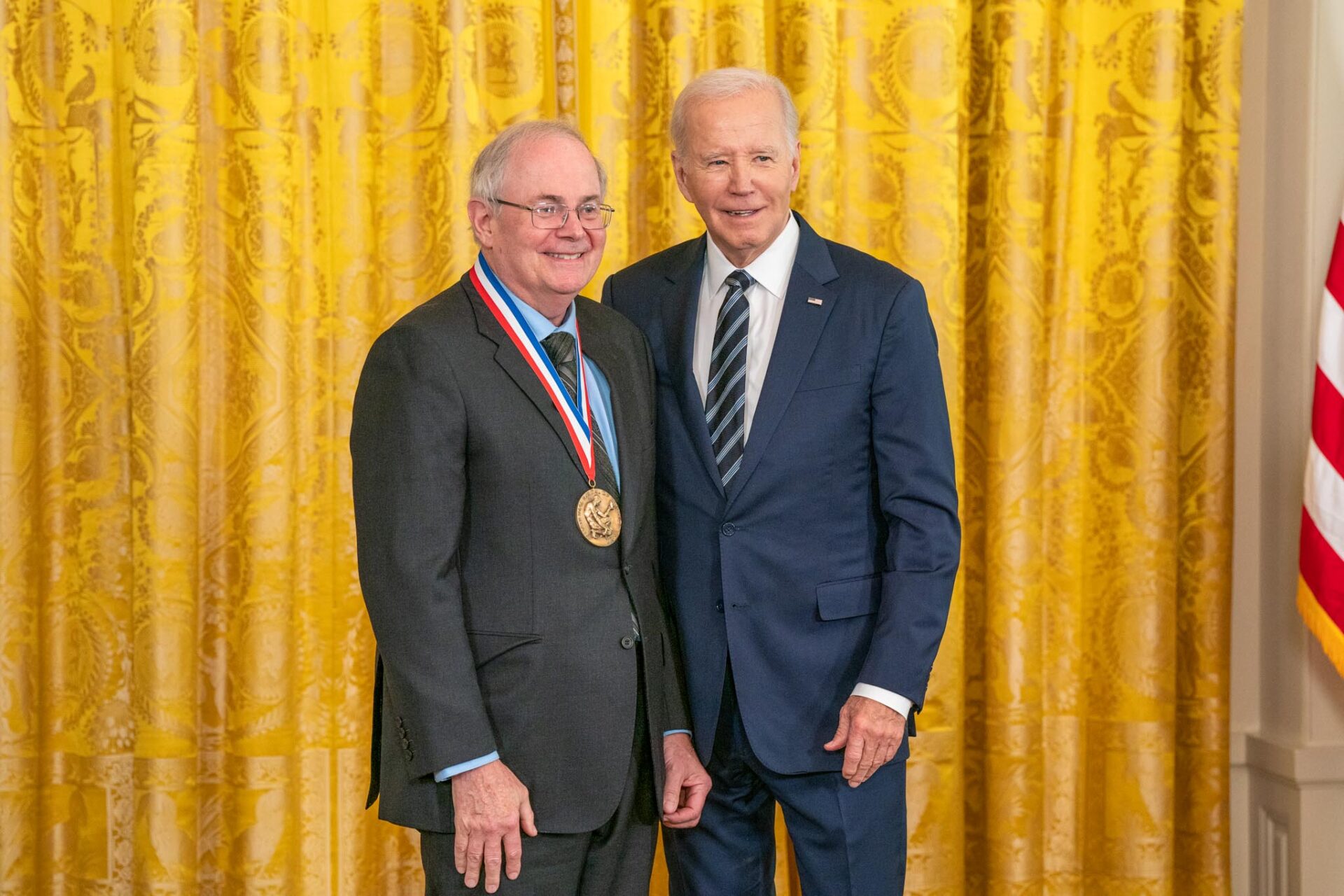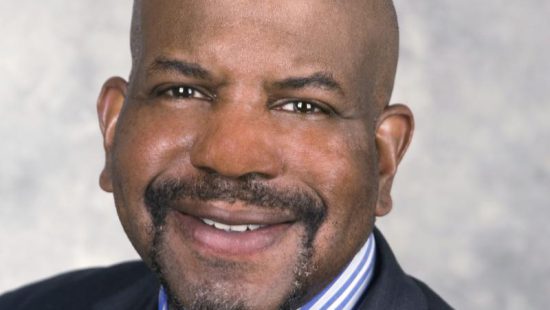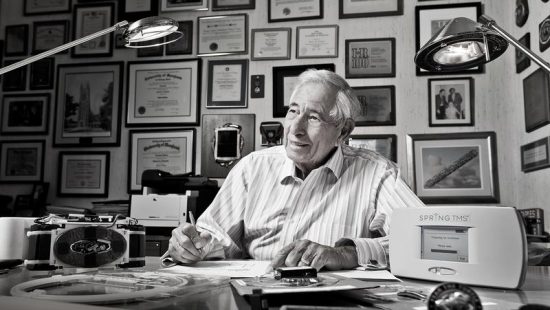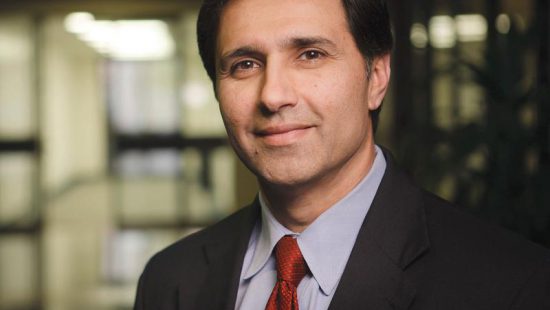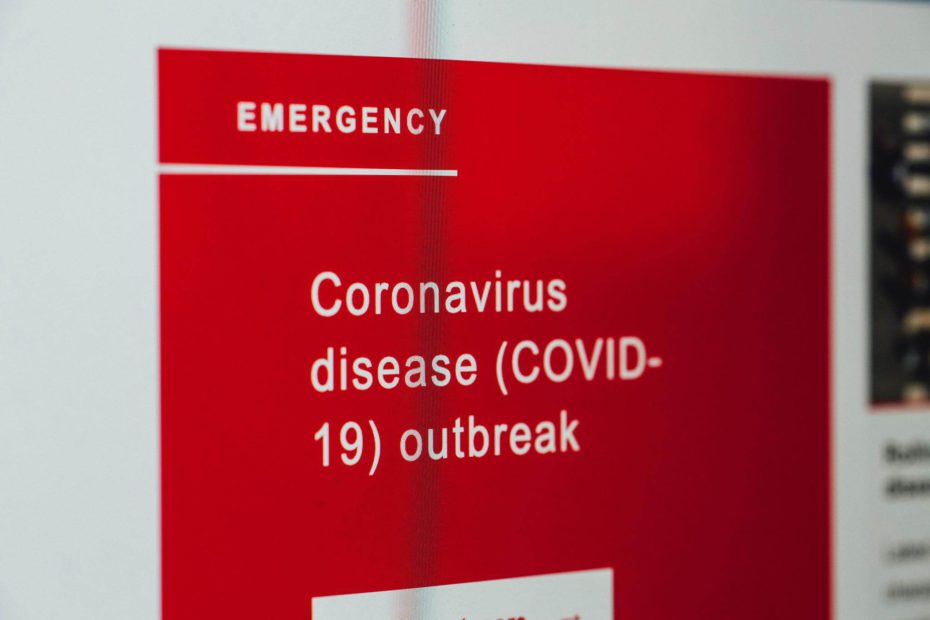Gregory A. Petsko is Professor of Neurology at the Ann Romney Center for Neurologic Diseases at Harvard Medical School and Brigham & Women’s Hospital in Boston.
Petsko received his B.A. from Princeton University, summa cum laude, in 1970, and his D. Phil. from Oxford University (which he attended as a Rhodes Scholar) in Molecular Biophysics in 1973. He was Professor of Chemistry at Massachusetts Institute of Technology from 1978 until 1990, when he moved to Brandeis University as Gyula and Katica Tauber Professor of Biochemistry and Chemistry. He served as Director of the Rosenstiel Basic Medical Sciences Research Center and later Chair of the Department of Biochemistry. He moved to Weill Cornell Medical College in April 2012 as Arthur J. Mahon Professor of Neurology and Neuroscience at Weill Cornell Medical College and Director of the Helen and Robert Appel Alzheimer’s Disease Research Institute, and to Harvard Medical School and Brigham & Women’s Hospital in 2019.
He is married to Dr. Laurie Glimcher, the President and CEO of the Dana-Farber Cancer Institute. His awards include the Siddhu Award and the Martin J. Buerger Award from the American Crystallographic Association (35 years apart), the Pfizer Award in Enzyme Chemistry of the American Chemical Society (for visualizing reaction intermediates in three dimensions at atomic resolution), the Lynen Medal (for pioneering contributions to the study of protein dynamics), the McKnight Endowment for Neuroscience Brain Disorders Award, a Guggenheim Fellowship, and in 1991, the Max Planck Prize, shared with Professor Roger Goody of Heidelberg for their joint work on the molecular origins of Ras-dependent human cancers. He has co-founded several biotechnology companies, most recently Retromer Therapeutics and Aevum Therapeutics. He has been elected to the National Academy of Sciences, the National Academy of Medicine, the American Academy of Arts and Sciences, and the American Philosophical Society. He is an elected Fellow of the American Association for the Advancement of Science (past Chair of its Medical Sciences Section) and the American Neurological Association. He has an honorary Doctor of Laws from Dalhousie University. He is Past-President of the American Society for Biochemistry and Molecular Biology and the International Union of Biochemistry and Molecular Biology.
His research interests currently focus on the development of new treatments for neurodegenerative diseases, including amyotrophic lateral sclerosis (ALS), Alzheimer’s, and Parkinson’s diseases, largely in collaboration with Dr. Scott Small (Columbia University), who discovered the central role of endosomal protein trafficking in neurological disorders, and with long-time collaborator Prof. Dagmar Ringe (Brandeis University). He has helped train more than 200 young scientists. His public lectures on the aging population and its implications for human health have attracted a wide audience (one of his TED talks has been viewed more than a million times). For many years he wrote a widely read column on science and society, the first ten years of which are available in book form.

